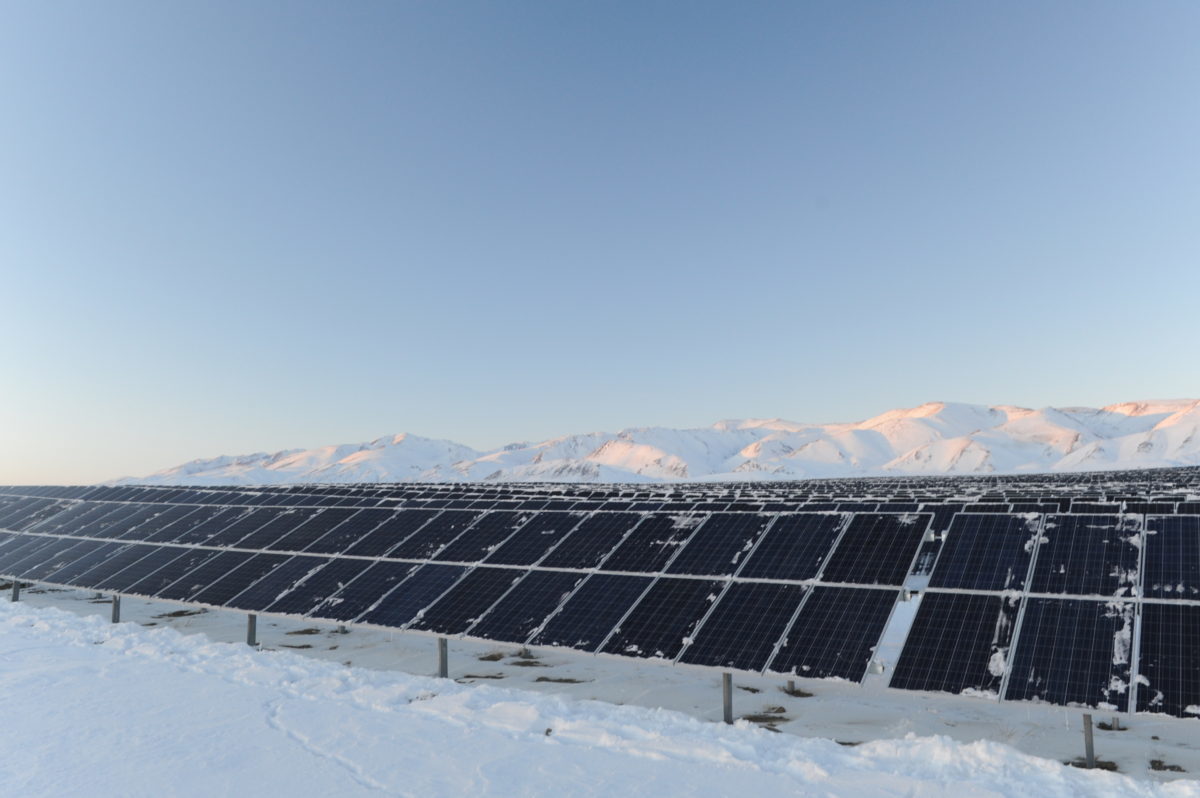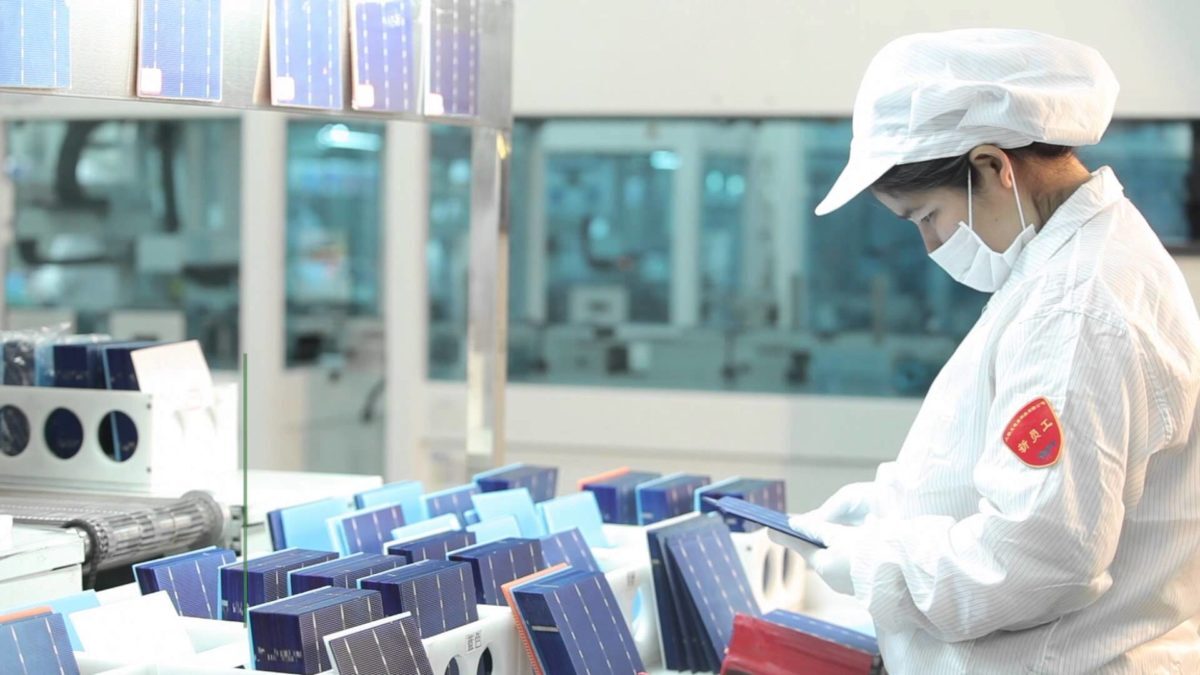Russian solar firm Hevel Group announced that it has completed construction on the 20 MW Maima solar park in the Altai Republic, Russia, mounting heterojunction modules manufactured at its facility in Novocheboksarsk.
After upgrading its amorphous silicon (a-Si) thin film production to HJT technology, with European manufacturers Meyer Burger and Singulus providing equipment earlier in March this year, Hevel Group doubled its output capacity at the Novocheboksarsk facility in the Chuvash Republic to 160 MW.
“This year we have upgraded the production line, and also put the first solar power plant with HJT modules in operation. And that's just the beginning. Next year we are expanding HJT solar module production to 220 МW, and by the end of this year we start projects abroad”, said Igor Shakhrai, CEO of Hevel Group.
Moreover, Russia’s integrated solar company said that by finishing the construction works at the Maima solar park, it has completed 50% of its 90 MW project pipeline in the Altai Republic, known for having its electricity generation fully based on renewables.
“Today total installed capacity of all solar parks in operation in the Altai Republic is 40 МW, and in winter, in period of peak loads the region consumes 120 МW. So about one third of our needs is secured by solar generation, and we go on with our plans to increase capacity”, stated Alexander Berdnikov, the Governor of Altai Republic.
Simultaneously with the Maima solar park, the company said that another solar PV plant was switched on in the Altai Republic – the 5 MW Onguday solar power plant.
The joint venture between Russian companies Renova and Rusnano, Hevel LLC, looks to achieve its goal of developing more than 500 MW of solar projects by 2020. Meanwhile, Russia’s 2030 solar target stands at 2.6 GW.
However, a recent report titled “REmap 2030 Renewable Energy Prospects for Russian Federation”, published earlier this year by the International Renewable Energy Agency (IRENA) showed that Russia has the potential to almost double its 2030 solar target to 5 GW, provided its regulatory framework for renewables is improved.
This content is protected by copyright and may not be reused. If you want to cooperate with us and would like to reuse some of our content, please contact: editors@pv-magazine.com.




By submitting this form you agree to pv magazine using your data for the purposes of publishing your comment.
Your personal data will only be disclosed or otherwise transmitted to third parties for the purposes of spam filtering or if this is necessary for technical maintenance of the website. Any other transfer to third parties will not take place unless this is justified on the basis of applicable data protection regulations or if pv magazine is legally obliged to do so.
You may revoke this consent at any time with effect for the future, in which case your personal data will be deleted immediately. Otherwise, your data will be deleted if pv magazine has processed your request or the purpose of data storage is fulfilled.
Further information on data privacy can be found in our Data Protection Policy.